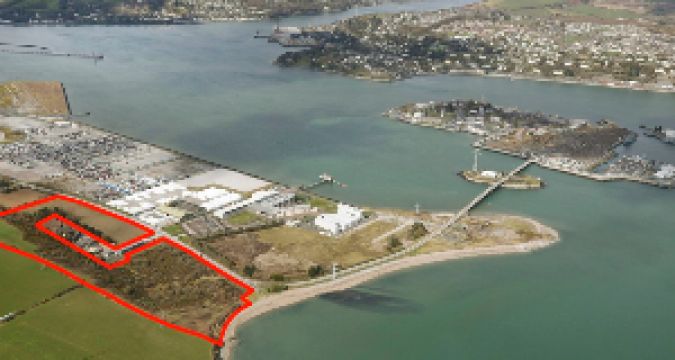Pre-tax profits at waste processing and power generation firm, Indaver last year more than doubled to €21.13 million on the back of a surge in electricity prices.
The Belgian owned Indaver Ireland operates an incinerator at Duleek, Co Meath that produces enough electricity each year to power the equivalent of Drogheda and Navan combined.
New accounts show that Indaver Ireland Ltd recorded the sharp increase in pre-tax profits after revenues jumped by 20 per cent to €98.2 million.
The company’s pre-tax profits increased from €9.35 million to €21.13 million.
The company last year paid out a dividend of €19 million after no dividend was paid out in 2020.
The accounts show that the firm’s revenues from ‘sale of goods’ increased by 7 per cent to €78.8 million while its revenues from the ‘sale of electricity’ more than doubled from €8.03 million to €19.3 million.
The firm recorded post tax profits of €18.47 million after paying out corporation tax of €2.66 million.
In the new 2021 accounts, the directors state that profits increased “due to electricity prices which are determined by market influence including gas prices, electricity demand and availability of supply of generators”.
In April of this year, Indaver received planning permission for a 10 MW hydrogen electrolyser at its existing facility in Meath that will increase the energy efficiency of the site.
Earlier this year, An Bord Pleanála cleared the way for the Indaver facility at Duleek to increase the amount of waste it receives to 280,000 tonnes of waste per year - up from 235,000 tonnes of waste per year.
Indaver did secure planning permission for a new €160 million incinerator for Ringaskiddy in Co Cork in 2018 that has the capacity to treat up to 240,000 tonnes of waste per annum.

However, that permission has been subject to High Court challenge by a local environmental group and a High Court judge ruled last year that the application can be remitted back to An Bord Pleanála for fresh consideration.
Numbers employed increased from 191 to 198 as staff costs rose from €11.64 million to €12.26 million.
The directors state that they advocate and invest in Irish infrastructure to make the island self-sufficient in waste processing.
They state that “this is very necessary as the island’s population grows and capacity constraints increase at domestic landfills and European outlets”.







